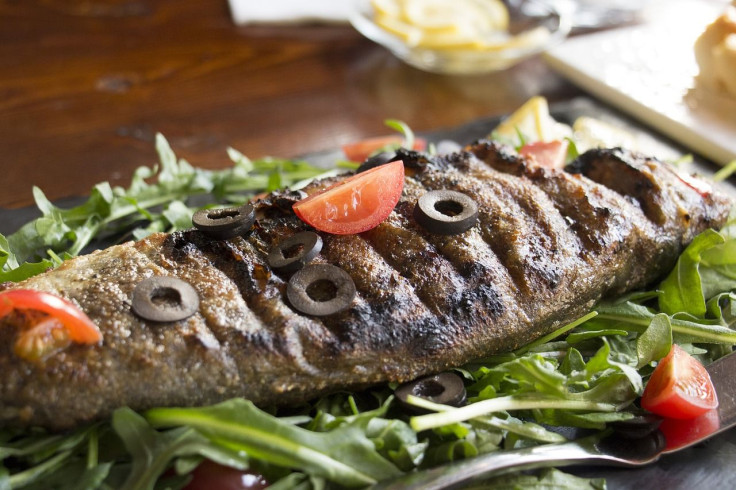Keep Age-Related Weakness At Bay And Improve Longevity By Consuming This Diet

KEY POINTS
- Living a long and healthy life can be achieved through the proper nutrition
- There is one diet which could keep the body and brain healthy
- This diet is no other than the Mediterranean diet
A Mediterranean diet helps a lot in delaying the advance of age-related cognitive decline and frailty. The diet, which is rich in vegetables, fruits, olive oil, and fish, greatly aids in boosting good bacteria in the gut and reduces the amount of inflammation-causing bad bacteria. The good bacteria found in the gut have been linked to healthy aging. Past studies have suggested that older adults should consume a restrictive diet, but such diet, however, reduced the diversity of the gut’s microbiome.
A New Study
Recently, experts from France, Poland, the Netherlands, Italy, and the UK combined their efforts to examine if following a Mediterranean diet for one year could improve the microbiome of participants. The experts gathered 612 participants aged between 65 and 79 coming from five different countries and analyzed their gut microbiome. They checked their gut microbiome before and a year after sticking with their existing diet or changing it to a Mediterranean one.
The new diet was loaded with vegetables, fruits, legumes, olive oil, nuts, and fish. It also has lesser red meat and food types that have high saturated fats. It was also tailored to fit older adults. The participants were then categorized as frail, on the verge of becoming frail, and not frail.
The Results
Sticking with the Mediterranean diet for one year was linked to beneficial changes happening with the gut microbiome and curtailing the reduction of bacterial diversity.
Researchers noticed there is an increase in bacteria types that were previously linked to indicators of reduced frailty. These include handgrip strength, improved brain function, and walking speed.
Observing the Mediterranean diet was also found to be associated with lesser production of harmful inflammatory chemicals. According to the researchers, their most prominent finding was the uniformity of associations of microbiome markers with aging’s biological markers.
Researchers also revealed that such improvements were not only linked to dietary compliance but also associated with inflammatory and frailty markers. This confirmed the researchers’ hypothesis of the diet’s importance in maintaining good health irrespective of gender, body mass index, and age.
The changes, according to the researchers, were driven in a major way by an increase in dietary fiber, as well as dozens of vitamins and minerals present in the diet. Prominent among these vitamins and minerals are manganese, potassium, magnesium, C, B9, B6, copper, and iron.
Researchers also found changes in the microbiome were associated with a decrease in bacteria, which produces bile acids. Excessive amounts of such acids are linked to a heightened risk of the development of insulin resistance, cell damage, bowel cancer, and fatty liver.
The researchers, however, cautioned that Mediterranean diets might not be practical for older adults with dental issues or find difficulty in swallowing. The study’s findings were published in the journal Gut.
© Copyright IBTimes 2024. All rights reserved.





















